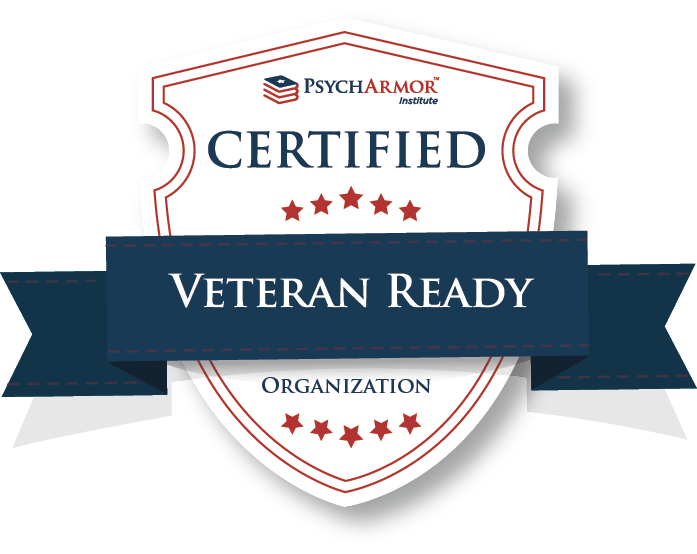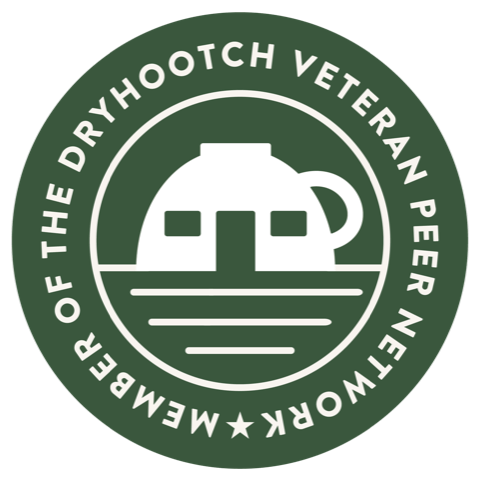Record numbers of military Veterans and service members are making their way to college campuses across the U.S. to purasue new educational and vocational goals. A two-year study of student Veterans reveals important findings about the support they need.
The purpose of the Boots to Books project was to obtain foundational knowledge on mental health needs, academic distress/retention, and rates of service utilization among student Veterans and service members enrolled at the University of South Alabama (USA) and University West Florida (UWF). The project utilized a mixed method approach of collecting and interpreting the empirical information, consisting of psychometrically-validated assessments in a quantitative survey and in depth qualitative interviews with selected participants who met pre-determined inclusion criteria. In total, 538 student Veterans completed the survey and 39 participated in a qualitative interview with a member of the research team.
This process yielded several findings that could support development of programming aimed at enhancing psychological wellness and academic retention with student veterans at USA and UWF. Overall, over three-quarters of the sample were confident about their academic success, enjoyed their classes, and endorsed a strong probability of earning a degree and re-enrolling the next semester. However, in keeping with other work, over one-third exceeded a well-established threshold for gauging problem drinking. In addition, over one-third endorsed clinical levels of PTSD, Major Depressive Disorder (MDD), and/or risk of suicidal behavior that indicated a probable need for treatment.
Of this clinical subset, 62% had utilized health care services in the Department of Veterans Affairs (VA) since serving in the military. In addition, nearly half of this clinical subgroup had utilized psychotropic medication in the past year. However, while over half of these veterans with mental health problems had also pursued psychotherapy/counseling in this time frame, only one in three had participated in an adequate number of sessions to yield progress in treatment.
The following seven recommendations are offered in light of these findings:
- Improve access and coordination with VA Health Care
- Strengthen options for community-based mental health services
- Develop effective and culturally-sensitive services on campus
- Educate faculty/staff on experiences of student Veterans
- Promote mental health literacy in student Veterans
- Develop network of peer support specialists for at-risk Veterans
- Enhance access and availability of academic support service
There is a long history of residents of the Gulf Coast accepting the call to defend our nation in times of need via military service. We hope this report will contribute to supporting military Veterans who are entrusting their post-secondary education with the University of South Alabama and University of West Florida.
Joe Currier on the Veterans Recovery Resources Advisory Board is one of four authors of this insightful report.






Leave A Comment
You must be logged in to post a comment.